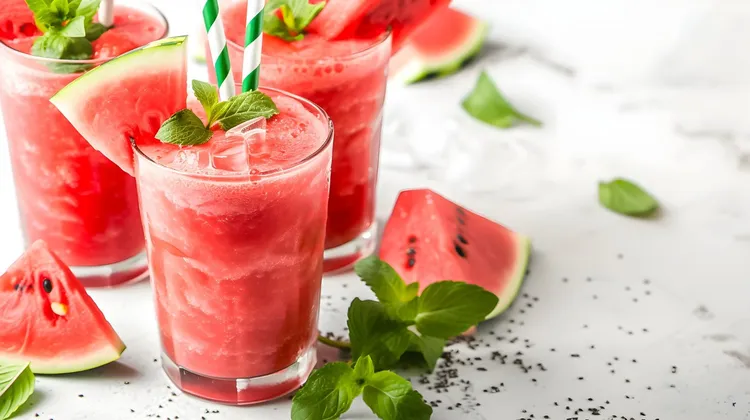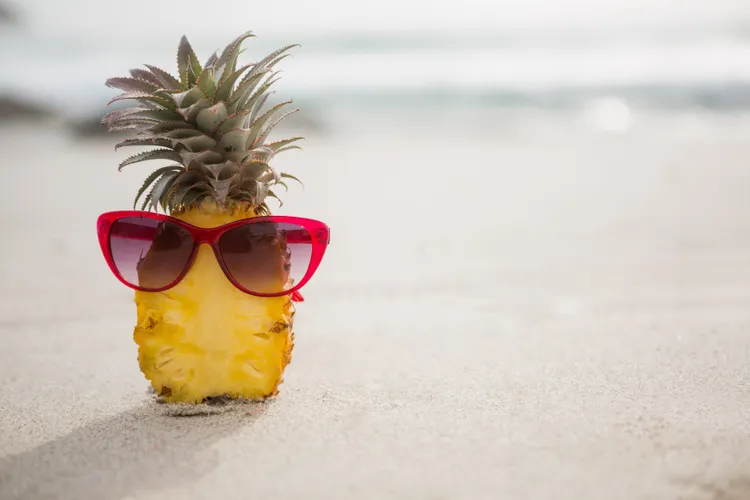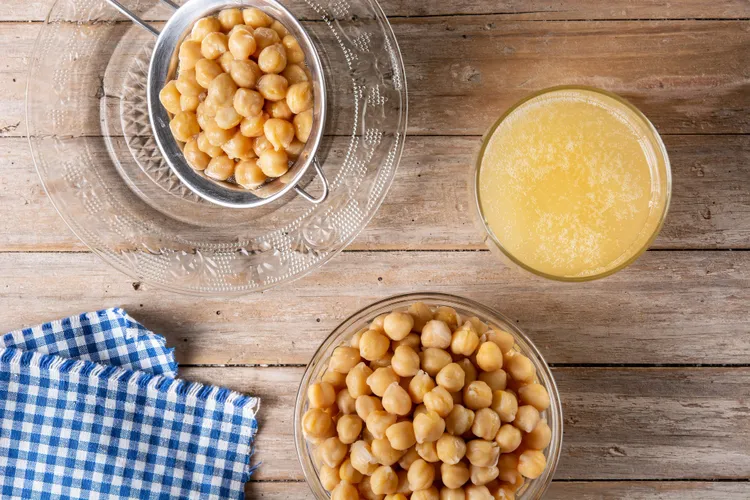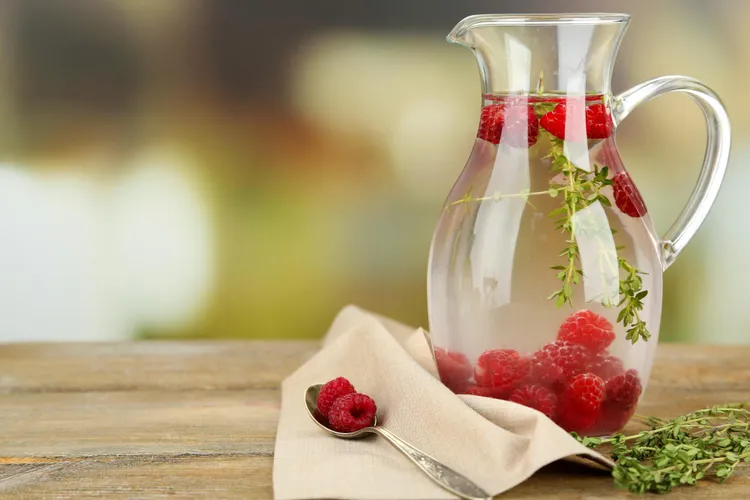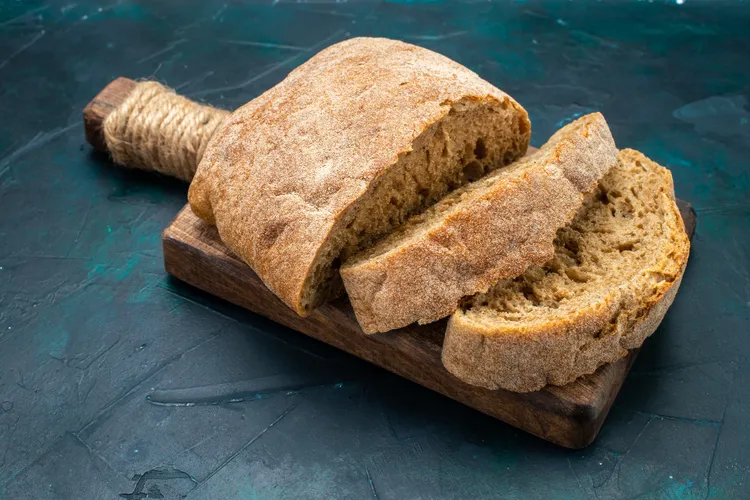Hydration & Electrolyte Balance After Exercise: What Your Body Really Needs
You’ve finished your workout, grabbed your water bottle, and chugged like a champ - but still feel tired or sluggish? Been there! The secret isn’t just more water - it’s about replacing the minerals you lose when you sweat. Let’s talk about how to hydrate properly (and naturally!) so you feel recharged, clear-headed, and truly recovered after every session.
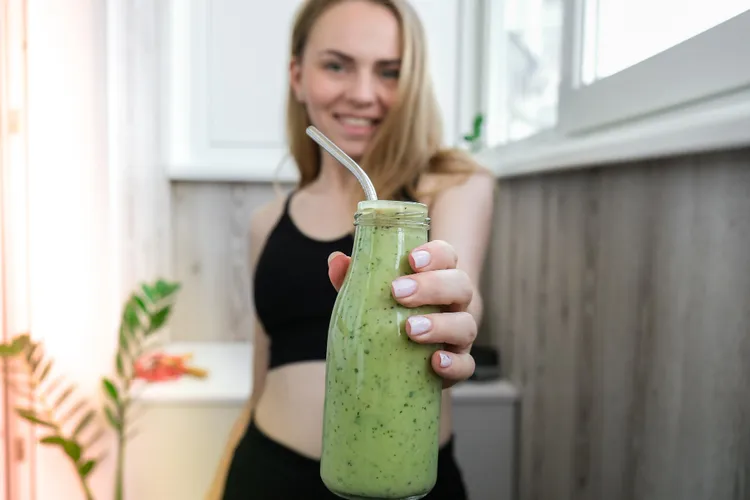
Why Water Alone Isn’t Always Enough
You know you need to drink water after a workout - but if you’ve ever finished training still feeling tired, dizzy, or headachy even after chugging a bottle, you’ve already learned an important lesson:
hydration is about more than just water.
When you exercise, you lose not only fluids but also electrolytes - minerals like sodium, potassium, and magnesium that keep your muscles contracting, your nerves firing, and your body balanced.
Replacing both is key to recovering well and feeling good long after you’ve left the gym.
We’ll explore how to hydrate smarter, not harder - with natural electrolyte foods, simple recovery drinks, and practical hydration habits that support your post-workout routine.
Before we dive in, make sure you’ve read the other posts in this series:
Why Hydration Is Crucial for Recovery
During your workout, your body loses water through sweat - but it also loses minerals that regulate muscle contractions, hydration levels, and even your heartbeat. When these electrolytes drop, you might experience:
-
Muscle cramps or twitching
-
Fatigue or low energy
-
Headaches or lightheadedness
-
Increased recovery time
Hydrating properly restores fluid balance, supports muscle repair, and helps flush out waste products like lactic acid.
It’s not just about feeling refreshed - it’s about helping your body function better.
Understanding Electrolytes 101
Let’s quickly break down the key players in post-workout hydration:
-
Sodium - helps retain fluid and prevent dehydration
-
Potassium - supports muscle contractions and nerve function
-
Magnesium - reduces cramps and supports energy production
-
Calcium - aids muscle movement and bone health
-
Chloride - maintains fluid balance and pH levels
When you sweat, these minerals are lost in varying amounts - so your recovery plan should replace both water and electrolytes.
Natural Electrolyte Boosters (Beyond Sports Drinks)
You don’t need neon-colored sports drinks to replenish electrolytes.
Here are some of my favorite natural, real-food sources that do the job better - and taste amazing:
-
Coconut water - nature’s electrolyte powerhouse
-
Bananas - rich in potassium and magnesium
-
Leafy greens - provide calcium and trace minerals
-
Citrus fruits - high in potassium and vitamin C
-
Avocados - great for potassium and healthy fats
-
Nuts & seeds - supply magnesium and zinc
-
Salt (in moderation) - helps retain hydration
Nutritionist’s Tip: Add a pinch of sea salt and a splash of orange juice to your water after an intense session. It’s a natural DIY electrolyte drink.
5 Recipes That Support Hydration
These recipes don’t just taste good - they actively help restore balance and energy after exercise.
Pineapple coconut smoothie
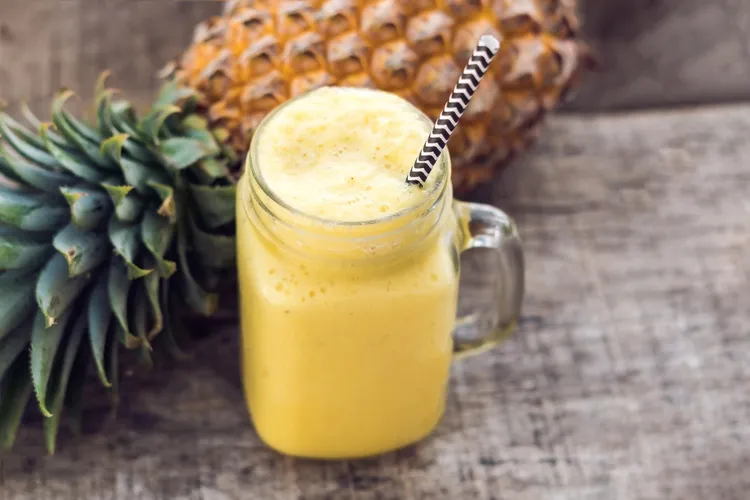
Why it works:
Packed with electrolytes from coconut milk and potassium-rich fruit, this smoothie rehydrates and revitalizes while supporting your immune system.
Try this: Add chia seeds for omega-3s and extra minerals.
Watermelon & Lime Refresher
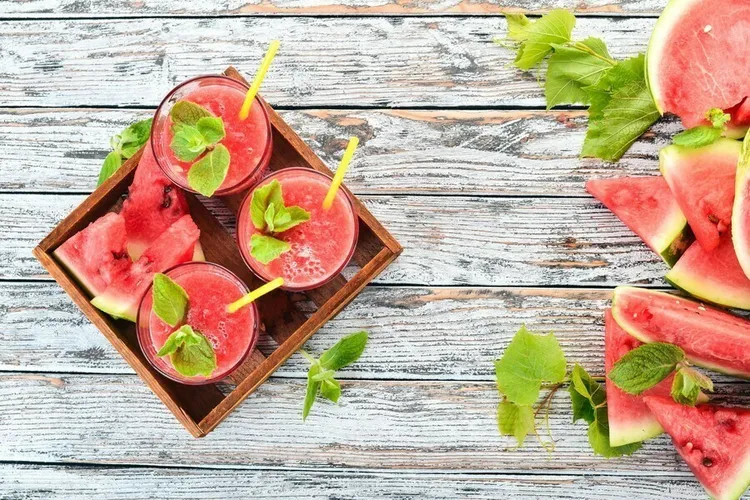
Why it works:
Watermelon is over 90% water and full of potassium, making it ideal for rehydration. Lime adds vitamin C and a touch of tartness to wake you up.
Try this: Sprinkle a pinch of sea salt for an instant electrolyte lift.
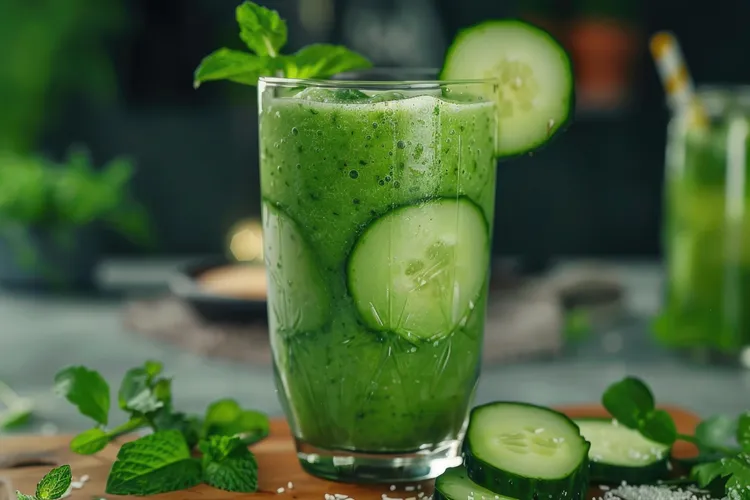
Why it works:
This vibrant blend is built for post-workout replenishment: hydrating cucumber, refreshing frozen strawberries, banana and apple for natural carbohydrates, and spinach for micronutrients and potassium that help restore fluid balance.
Try this: Blend with coconut water instead of plain water for extra electrolytes.
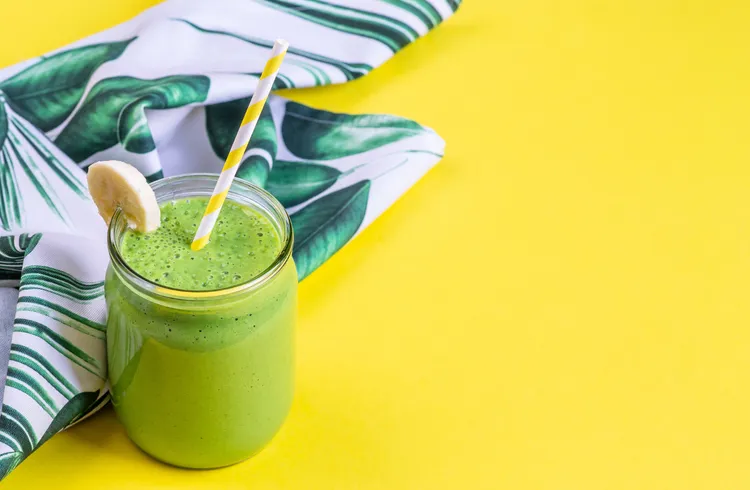
Why it works:
This vibrant smoothie blends coconut milk (which supplies fluid plus potassium and magnesium), mango and banana for natural hydration and carbs, and a duo of leafy greens for micronutrient support.
Try this: For heavy sweating or high-heat sessions, swap half the coconut milk for coconut water and add a pinch of sea salt to increase sodium replacement.
Why it works:
This Watermelon Basil Cooler is an ultra-light, ultra-refreshing drink that supports fluid replacement and electrolyte balance right after training.
Try this: After an intense or sweaty workout, swap in coconut water or add a pinch of sea salt to boost sodium and aid fluid retention. If you also want protein, consider blending in a scoop of unflavored plant-based protein powder or greek yogurt for added muscle recovery.
When and How to Rehydrate
For most workouts, aim to drink:
-
500-750 ml (2-3 cups) of water within 30 minutes after finishing
-
Another 1-2 cups every hour for the next few hours
If you’ve had a long or sweaty session, drink fluids that include sodium and potassium (like coconut water or a homemade electrolyte drink).
Weigh yourself before and after your workout - the difference (in kg) roughly equals how many liters of fluid you’ve lost. Replenish accordingly!
Hydrate Intentionally
Hydration is one of the simplest ways to improve recovery - yet it’s often the most overlooked.
When you replace what your body loses through sweat - both fluids and minerals - you support muscle repair, focus, and overall performance.
So next time you reach for a glass of water post-workout, take it a step further:
Add a splash of citrus, a pinch of salt, or a handful of leafy greens to truly replenish your body from the inside out.
Continue Your Recovery Journey
FAQs: Hydration & Recovery
Q1: Is water enough after a workout?
For light exercise, yes. But for longer or sweaty workouts, include electrolytes to prevent cramps and fatigue.
Q2: Do I need sports drinks?
Not really - you can easily replace electrolytes through natural foods and simple drinks like coconut water or citrus-infused water.
Q3: Can I overhydrate?
Yes. Too much plain water without minerals can dilute electrolytes, causing fatigue or nausea. Balance is key.
Q4: How do I tell if I’m dehydrated?
Check your urine color - pale yellow means hydrated, dark yellow means drink more water!
